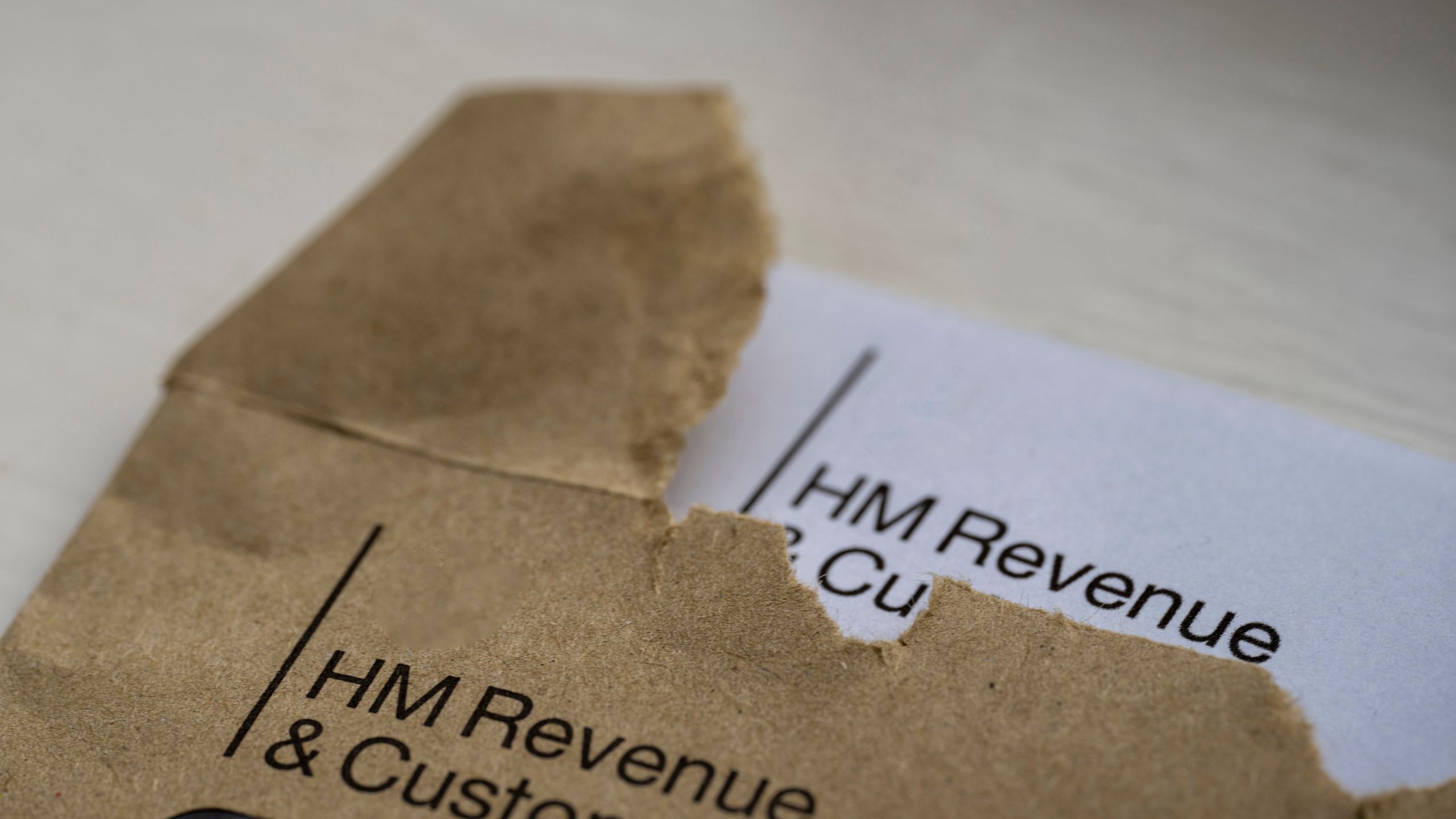
When an industry self-regulates, is that ever a legitimate form of governance or is it just participating companies, regulators, and other stakeholders marking their own homework?
In the case of Umbrella regulation, and particularly the FCSA, the answer is becoming increasingly obvious, they are indeed just marking their own homework.
The origins of the FCSA should not be forgotten. The founding members were four of the largest Umbrella employers in the country. Even its most loyal advocates can’t dispute that at its core the FCSA’s lack of impartiality along with the potential for conflicts of interest and ethical dilemmas is its Achilles heel!
There is a growing list of its members that have committed, or have been accused of committing, either serious grievances against their employees or breaches of the legal requirements
“The FCSA operates best practice Codes of compliance designed to ensure that its Accredited members provide services, advice, and employment to the highest level of professional and ethical standards in the UK.”
An investigation by Contractor Voice has discovered numerous cases of withholding holiday pay and even salary skimming by some of the largest, and until recently, most respected Umbrella employers in the country.
Orange Genie – Expelled for 6 months by FCSA for £2 per week disguised automatic deduction amounting to an estimated £4 million of additional revenue to the company.
Liquid Friday – Another disguised charge this time 1.5% of all gross assignment invoices for what it calls “Business Overheads” which is not broken down on the payslip.
Workwell (previously JSA) – withholding holiday pay from contractors
Giant – withholding holiday pay from contractors
BBC Moneybox exposes FCSA umbrella accused of withholding holiday pay from contractors
Exchequer Solutions – defeated in court by HMRC for unlawful expense claims – owes HMRC £11,000,000
BBC Expose, expense scams, and unlawful deductions, all by accredited FCSA members.
Recruitment agencies have two responsibilities when it comes to supply chain compliance.
- The legal responsibility of monitoring and negating the risk of serious supply chain noncompliance. HMRC’s powers now include CCO (Criminal Corporate Offence) “failure to prevent the facilitation of tax evasion”
- The moral responsibility to ensure the contractors whose skills you rely on are treated ethically and properly by the third party employers you engage with.
It’s clear to us that the accreditation model and especially industry self regulation isn’t working.
Umbrella Check is the only company in this space that has specifically designed its processes using HMRC’s guidance to meet the recommended threshold of what constitutes reasonable supply chain compliance measures.
Talk to www.umbrellacheck.org.uk to understand how a real compliance business can protect your company from the risks of serious supply chain noncompliance.



